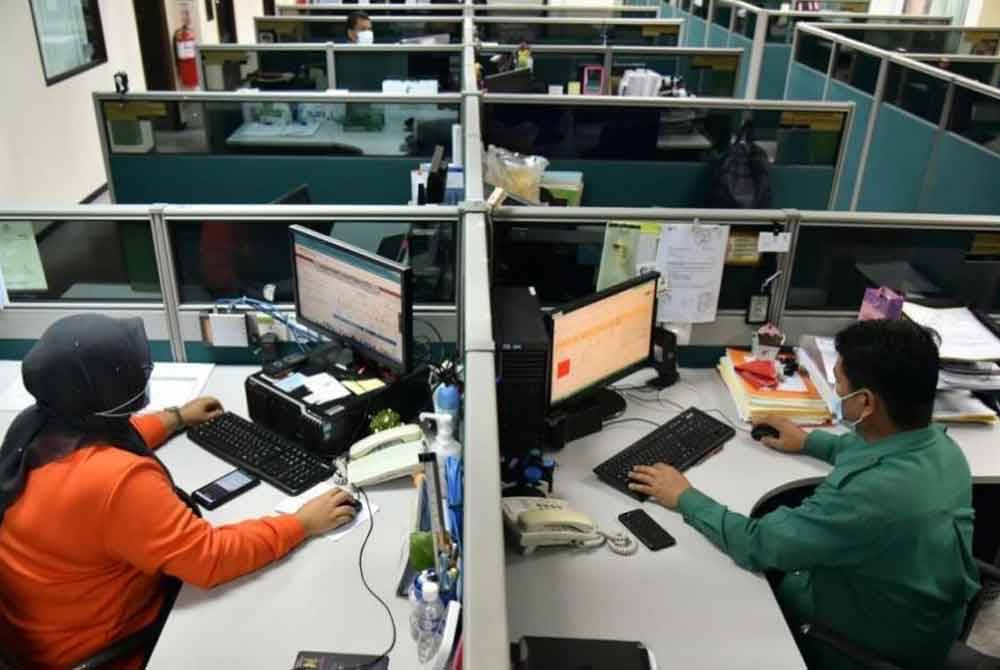Nearly 40 per cent of Malaysians would quit jobs for rigid work schedule
52 per cent of Malaysians report that employers expect them to work beyond traditional office hours, marking a 17 per cent increase from the global average.

SHAH ALAM - According to recent findings, two out of five citizens in the country, equivalent to 39 per cent, would opt to leave their jobs if employers demanded increased time spent in the office.
Compared to data from six months ago, 52 per cent of Malaysians report that employers expect them to work beyond traditional office hours, marking a 17 per cent increase from the global average.
Randstad Malaysia Country Director Fahad Naeem highlighted that the survey also unveiled a notable trend among Gen Z, with 49 per cent, and Millennials, at 47 per cent, showing a preference for flexibility in their work arrangements.
"Many are not averse to working from the office at least three days a week.
"This sentiment arises from life changes made by two out of five Malaysians, such as relocation or acquiring pets, in anticipation of continued flexible work options post-Covid-19 pandemic.
"Particularly noteworthy is that 51 per cent among Gen Z and 47 per cent of Millennials have adapted to remote work effectively during the pandemic, altering perceptions of traditional office work due to the elimination of commuting and high rent costs," he added.
These insights stem from a survey conducted by Randstad Malaysia from Oct 23 to Nov 11, 2023, involving 27,000 respondents aged 18 to 67 years from 35 countries.
Fahad also noted that job seekers are increasingly vocal in selecting positions and are even turning down higher-paying roles that mandate daily office attendance.
Despite the rise in remote work options, 86 per cent of Malaysians prefer working from the office for at least three days a week, with 14 per cent opting for less than two days.
"While there is a strong desire for work flexibility, the reality varies.
"Half of the respondents indicated that their employers enforce a mandatory five-day office work policy, with only nine per cent working fewer than two days a week.
"One in ten respondents stated that their employers lack flexible work policies," he said.
Naeem highlighted that 52 per cent of citizens are hesitant to accept job offers from companies not proactive in enhancing diversity and inclusion.
He stressed the importance of equity, diversity, and inclusion as crucial factors for modern job seekers, with 67 per cent concealing their backgrounds in pursuit of organisations fostering a safe and inclusive environment.
The survey revealed that respondents ranked equity, diversity, and inclusion policies as most important in current or future jobs, including diverse leadership backgrounds (47 per cent), gender pay equity (45 per cent), diverse workforce (44 per cent), family leave for all employees (40 per cent), and non-discrimination policies on websites or job ads (31 per cent).
Download Sinar Daily application.Click Here!















